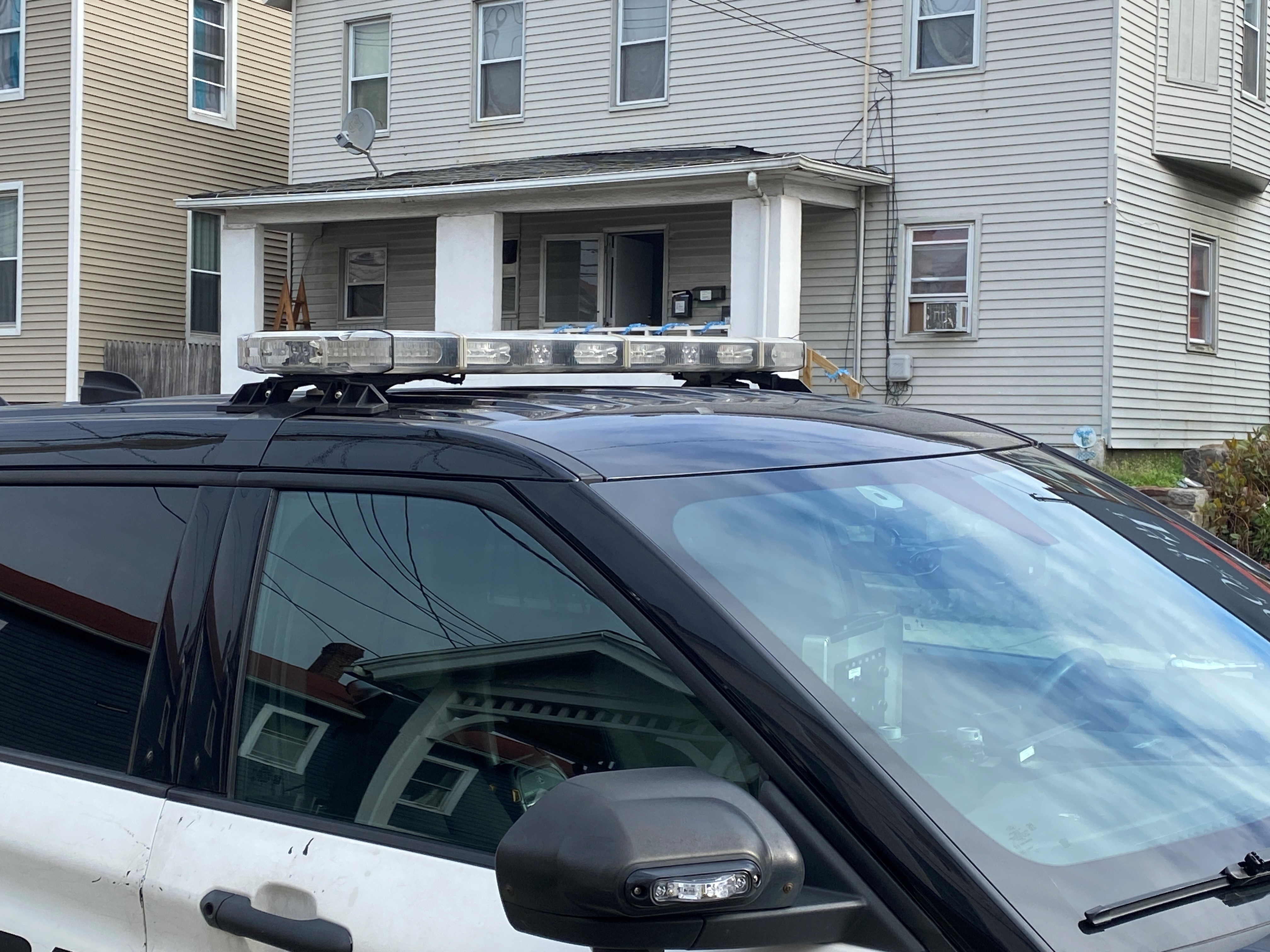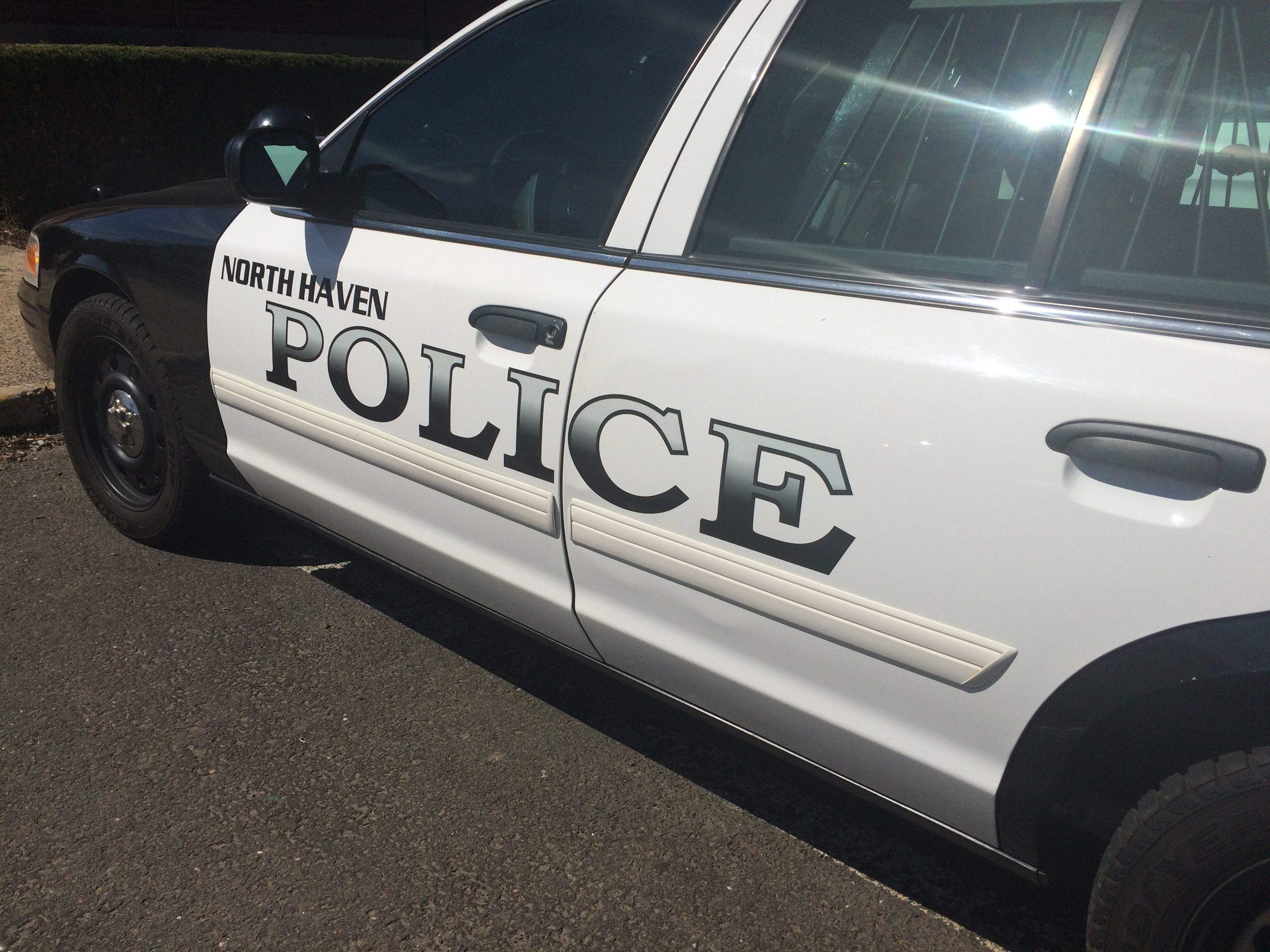A new report on Connecticut police traffic stops singles out six local departments and a state police troop for pulling over minorities at higher rates than whites.
The report released Thursday by Central Connecticut State University analysts looked at data from October 2015 to September 2016 that all police departments were required to submit.
Analysts said Troop B state police in North Canaan and departments in Berlin, Monroe, Newtown, Norwich, Ridgefield and Darien had "statistically significant" disparities in traffic stops of minorities compared with stops of whites. They say those agencies will be analyzed further.
Police officials said they will be looking further into the findings.
Connecticut State Police released a statement saying they have received the latest Traffic Stop Data Analysis and Findings report of the Connecticut Racial Profiling Prohibition Project and they are “reviewing it carefully and with interest.”
“We look forward to continuing our years of cooperation with program staff of the IMRP at CCSU to address any concerns raised by the results and to account for the many variables that are inherent in this research. We trust that, as in years past, further analysis of the data in conjunction with the research team will provide a reasonable explanation for any apparently outlying results,” state police said in a statement.
“The Connecticut State Police is steadfast in its commitment to the ongoing collection and analysis of traffic stop data as well as continuous training and supervisors' feedback to insure that all troopers enforce the law in a fair and impartial manner for all residents of and visitors to the State of Connecticut, regardless of race or ethnicity."
Local
Berlin police said they did not have time to adequately view the date in the report before it was released and provided a statement from the Connecticut Police Chief’s Association.
“Due to the critiques provided in the peer reviews, CPCA has reservations regarding the validity of these reports. These concerns are amplified by the lack of academic and research credentials of the IMRP (Institute for Municipal and Regional Policy) staff,” the statement from Connecticut Police Chief’s Association says.
“As an organization, CPCA has repeatedly requested that the secondary analysis of the departments identified in the annual studies be completed prior to, not subsequent to, the release of the report. CPCA also strongly believes that future reports should be subject to robust peer review prior to publication, as many of our members have advocated,” the report said.
Some questioned the analysts' methodology.
Captain Jeff Kreitz, of the Ridgefield Police Department, said the current statistical analysis shows trends that the agency will follow-up on.
“As the report states, the statistics do not, by themselves, provide conclusive evidence of racial profiling. We will work cooperatively with the authors to discover the reason for the disparity,” Kreitz said in a statement. “ Additionally, we strive to be just and fair and we value the trust of the public. The Traffic Stop Data Analysis and Findings provide us with a tool to foster transparency with the residents of Ridgefield as well as the State of Connecticut.”
The report says stops of minority drivers statewide were more likely to happen during daylight hours when their race and ethnicity are more visible.



